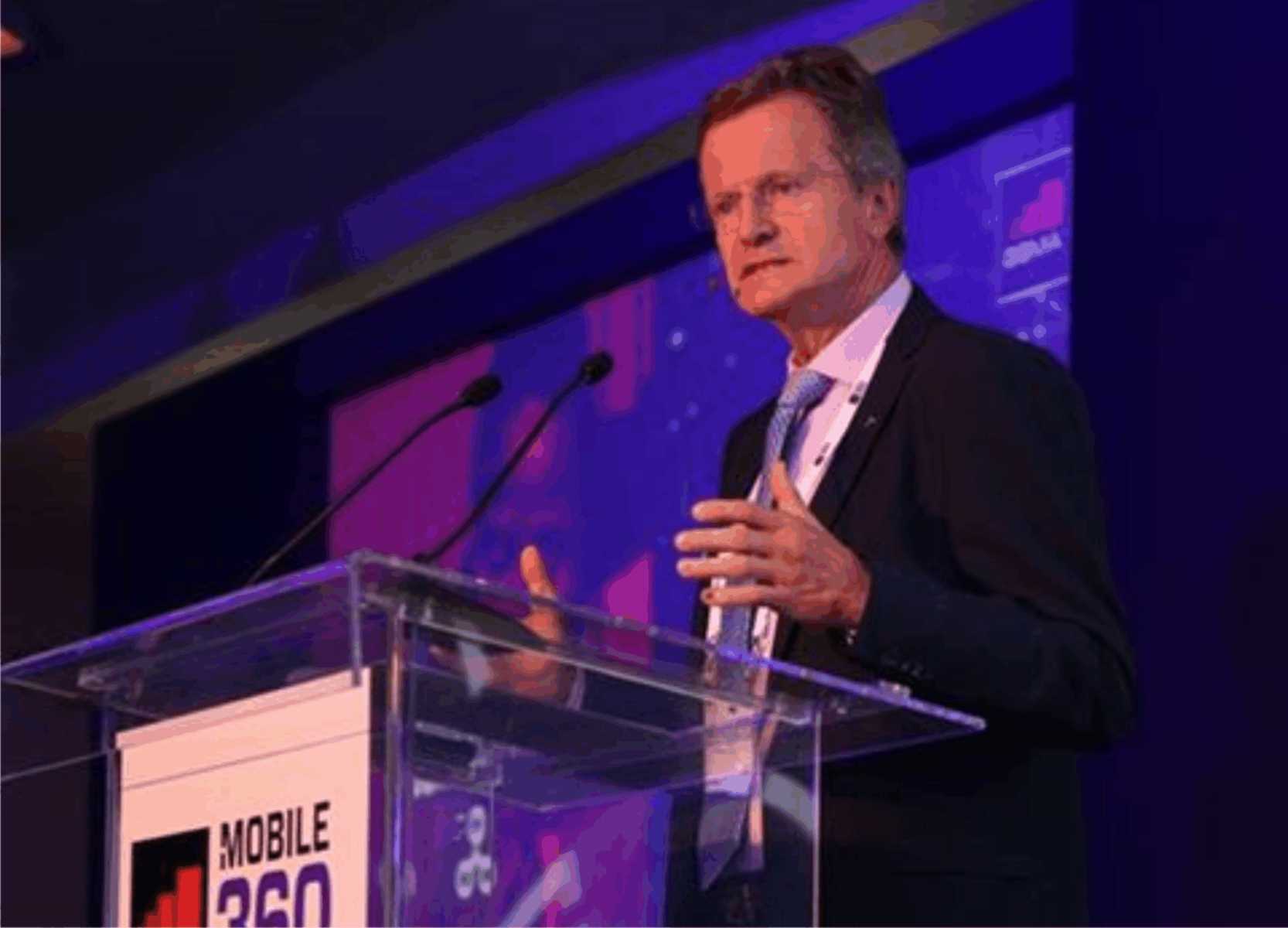By MKPE ABANG, Cape Town
After much applauded growth even if amid a myriad of challenges, many orchestrated or oiled by the governments through lack of vision or political will or transparency, or all of them together, Africa’s mobile industry got a painstakingly dispassionate examination by a body that should know the ecosystem very well: the GSM Association.
And, the feedback is as damning as the growth that had momentarily been so mightily hailed: “great progress for sure, but there is much to be done.”
Those indeed were the words of Jon Fredrik Baksaas, chairman of the GSMA, rendered in Cape Town, South Africa, at the GSMA Mobile 360 – Africa on the second day of the three-day conference.
While providing an update on how the mobile operator-led association intends to position its work in especially the developing markets, Mr. Baksaas noted without holding back that the GSMA’s work to date “is great progress for sure, but there is much to be done”.
In his words: “The mobile ecosystem as led by operators will continue to address all the barriers that prevent the underserved from gaining access to the internet, especially women, low-income people, rural and youth communities. These barriers and thresholds are being lowered around us all the time, but there is still a lot of work to be done,” he said.
More like thumping his association’s chest in exaltation for its work in the very taxing emerging markets, Baksaas said:
“I’m proud to say the GSMA Mobile for Development organisation has played a crucial role in bringing together operators, donors and ecosystem players to deliver these life-enhancing mobile services for underserved segments of the population around the world.”
But it is perhaps in the three signpost into the future, which he gave that there seems to be an anchorage for hope that in spite of the lingering challenges, there is indeed hope for the industry and the region. These signposts may well be called the GSMA’s Mobile Industry Triangle of Hope for Growth and Sustainability.
The GSMA chairman said that going forward, its Mobile for Development programme “will increasingly focus its efforts on three key enablers” – connectivity, mobile money and identity for the unregistered.
Connectivity
Baksaas noted that while mobile broadband networks cover 76 per cent of the world’s population, this means that “nearly one quarter of the world’s population is still not there”. In developing markets, only 30 per cent of the population has mobile internet access, he noted.
To address this, it will be necessary to extend network coverage to remote, off-grid locations, which could require public and private collaboration, as well as industry efforts. Affordability is also a key issue, with a key issue in cost reduction being “ensuring that mobile internet devices and data plans are not subject to restrictive government taxes and fees”.
User education is another key factor, bridging “the digital skills gap and internet awareness”. “When people see the effect of connectivity, they want it,” Baksaas said.
And the need for locally-relevant mobile internet content was also highlighted, ensuring content is available on as many devices as possible, in the correct language, relevant to the needs of local users.
Mobile money
Mobile Money has already been one of the key topics here at M360 Africa, with the continent tagged “a clear success story for the industry.” Some 52 per cent of the world’s services are here in Sub-Saharan Africa, with 137 live services in 38 countries across the region.
But Baksaas noted that in most markets, mobile money usage continues to be dominated by two types of transactions: person-to-person transfer and airtime top-ups. “Deeper impact on financial inclusion can only be achieved if we develop new use cases that widen the use”, he said.
GSMA has received an additional $9.4 million funding from the Bill & Melinda Gates Foundation, Mastercard Foundation and Omidyar Network to launch the third phase of the Mobile Money Programme, for a 3-year period to 2018.
Identity
Finally, the GSMA chairman noted that “official identity is a prerequisite for social and economic development; the ability to prove that you are the one that you say you are, and have this authenticated when interacting with government or private companies, is critical to accessing services such as healthcare, education, employment and financial services,” he said.
According to UNICEF estimates, only 44 per cent of children in Sub-Saharan Africa are registered at birth.
The mobile industry can play a role here, Baksaas said, by working with partners to use its reach to bridge the gap. He cited projects that are already underway in Uganda and Tanzania.
While connectivity, mobile money and identity represent the main focus areas of Mobile for Development, other efforts such as mHealth, mAgri and the Connected Women programme will continue to be supported.

